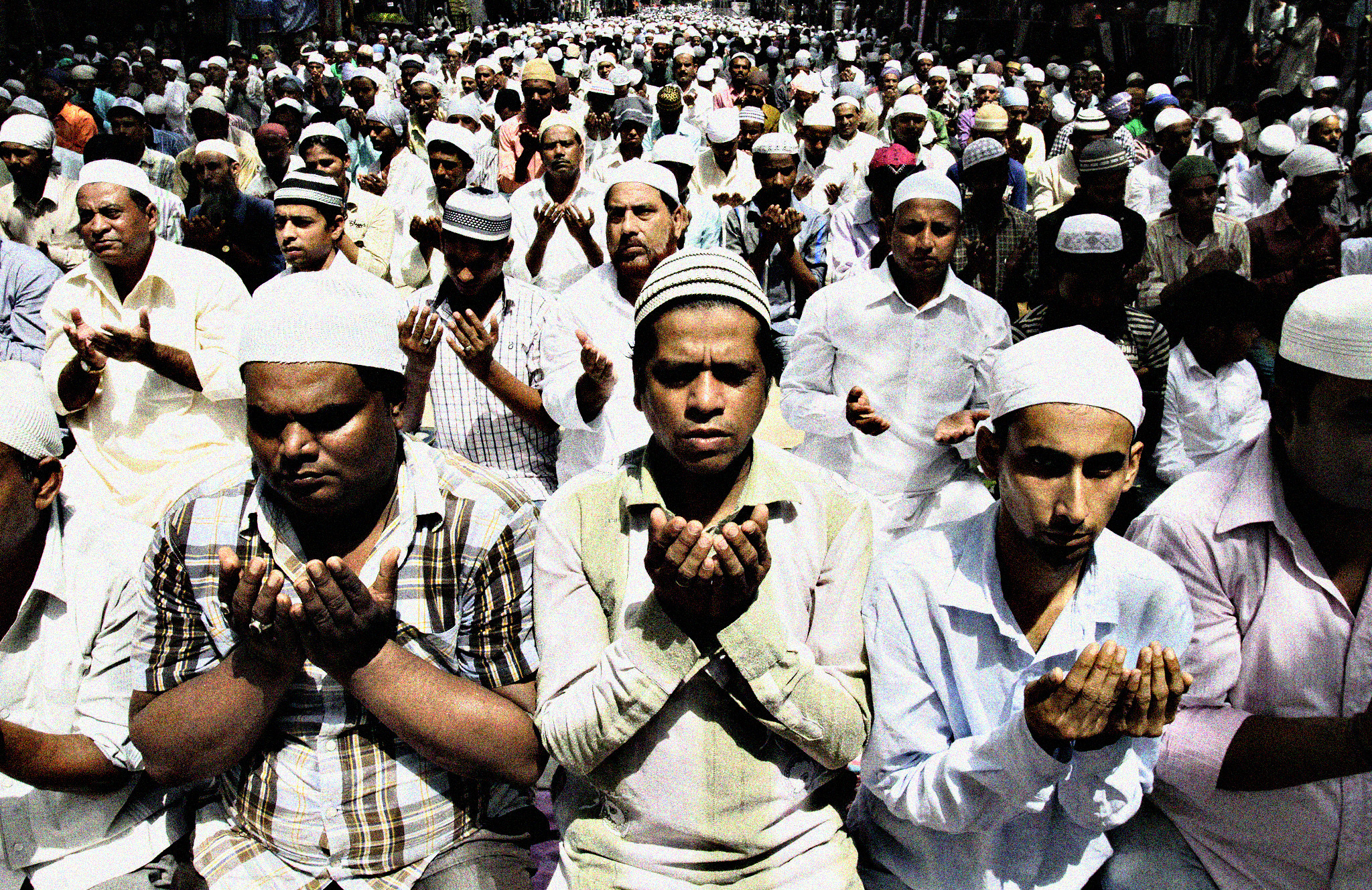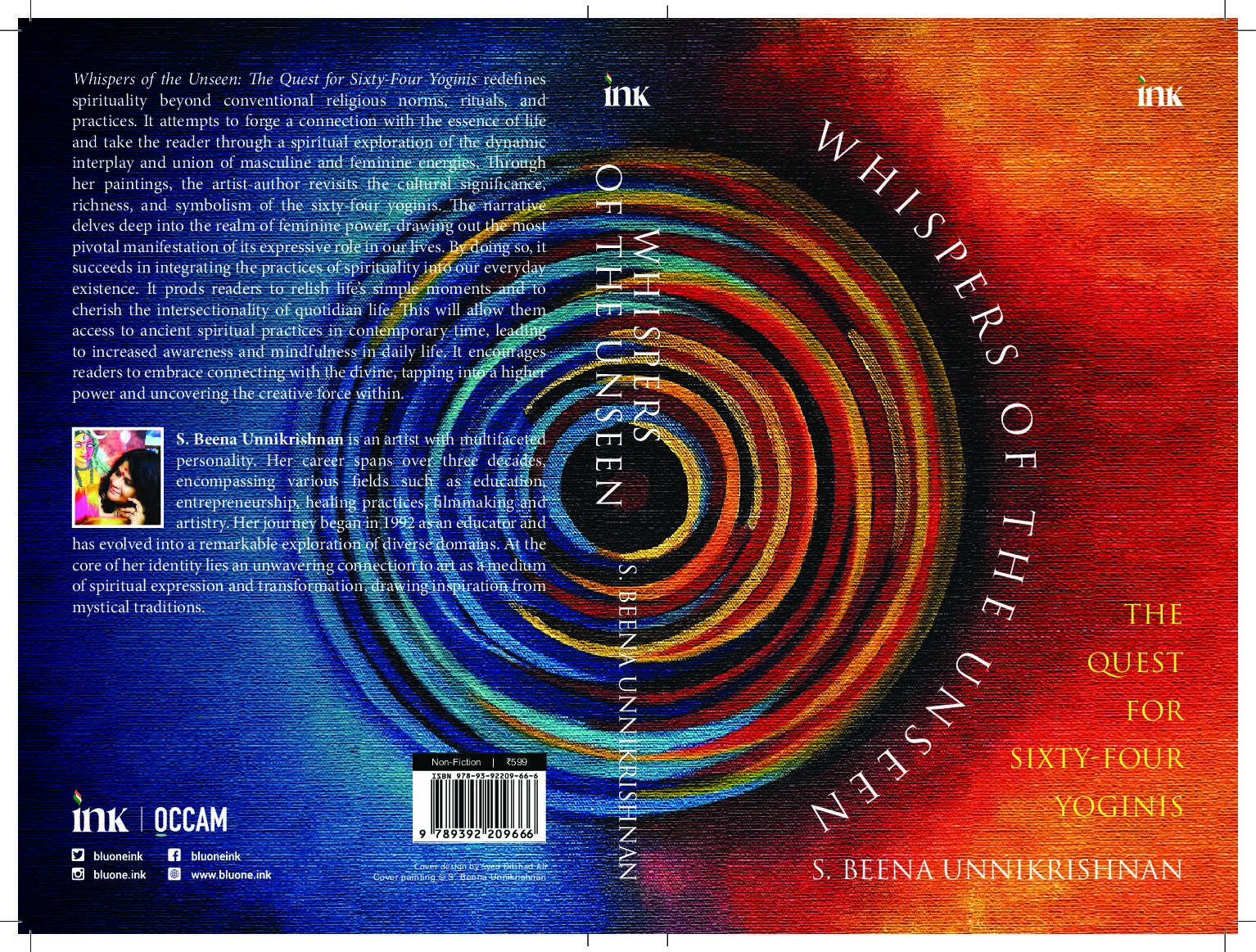Mullahs pick and choose laws
Ravi Shanker Kapoor | October 18, 2016 12:06 am

Indian Muslims offer last Friday pray of the holy month of Ramadan, in Kolkata, India, Friday, Aug. 2, 2013. Muslims throughout the world are marking the month of Ramadan, the holiest month in Islamic calendar during which devotees fast from dawn till dusk. (AP Photo/Bikas Das)
The attitude of Indian Muslims towards personal laws, Shariat, etc., is of extreme hypocrisy. The basic position is: heads I win, tails you lose. A recent case, as reported in The Times Of India (October 17), is emblematic of this attitude.
“In a strange case, two men have dumped their wives, both sisters, to unite and start a separate family,” says the news report. “The two got involved in a homosexual relationship after being introduced to each other as brothers-in-law. The two recently moved in together in a separate house.”
The two men had no concern for their wives. The Muslim personal law came in handy to them, as they “divorced through triple talaq.”
The arrangement suited the men perfectly: partial implementation of Shariat has brought them together; had Shariat been fully in force for Muslims in India, they could have suffered terribly. For in several Muslim countries, homosexuality is punishable by death; in many more, it is illegal.
India, however, offers Muslim men the privilege to pick and choose laws as per their convenience—from the Indian penal code as well as Shariat. In an earlier article, I had raised this issue: “why do orthodox Muslims talk only about the civil aspect of the Muslim law? Why not amputation of limbs as punishment for theft along with polygamy? If you are so rigid about Shariat, why not accept it in toto?”
There is also the question of supremacy: what takes precedence—the Constitution or the codes and conventions of a religion? In a secular republic that happens to be a liberal democracy, the answer is unambiguous: the Constitution is supreme. This was the reason that the Hindu code laws were passed in the 1950s, in the teeth of opposition from orthodox groups. So, today, a Hindu can be prosecuted for bigamy, despite the fact that polygamy was an old tradition. Similarly, now women have equal rights to property.
Earlier, during British rule, Suttee was banned and widow remarriage was allowed. There have been social and religious reformers whose indefatigable efforts and zeal have metamorphosed Hindu society. Many evils have been done away with; the severity of several others has lessened.
Similarly, Christians and Jews all over the world have changed over the years. Their societies, social norms, laws, etc., have undergone a sea change. In Muslim society, however, there has been little progress. In fact, there have been clear signs of the ascendance of the most retrograde, fanatical, and fundamentalist elements in the community. For instance, it is only in recent times that I have seen young girls, some as young as six and seven years, wearing hijab. Catch them young and domesticate them right from the beginning—this is the new formula of the mullahs.
Much of the rising fundamentalism is the result of the Wahhabi ideology, which finds expression in, among others, the Deobandi school, Taliban, al-Qaeda, and the Islamic State. Against this backdrop, reform in Muslim society will weaken regressive elements within the community.
Therefor, it is indubitable that the Narendra Modi government has done well in calling for a debate on a uniform civil code, triple talaq, polygamy, etc. Hopefully, the ruling dispensation would not buckle under the pressure from fundamentalist Muslims and the duplicitous intellectuals who see a ‘majoritarian’ conspiracy in any such move. The Prime Minister should ensure that the matter is taken to its culmination.































